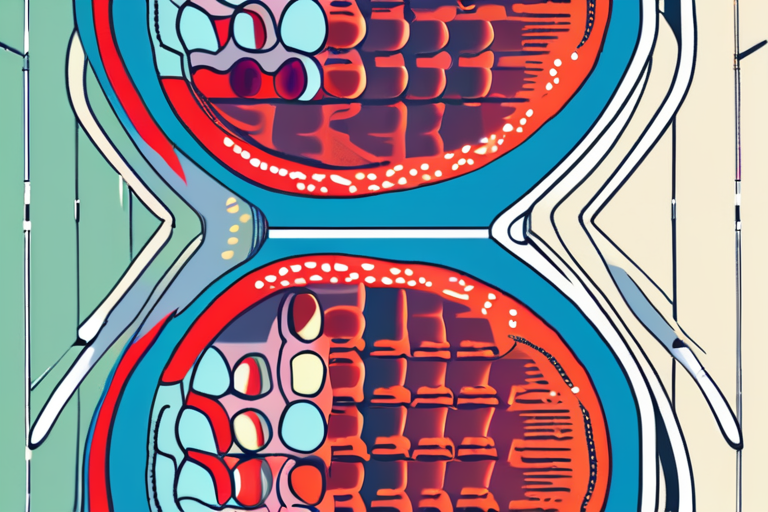Fatal Car Crash Sparks Justice System Review: 19-Year-Old Driver Charged with Murder


Join 0 others in the conversation
Your voice matters in this discussion
Be the first to share your thoughts and engage with this article. Your perspective matters!
Discover articles from our community

 Hoppi
Hoppi

 Hoppi
Hoppi

 Hoppi
Hoppi

 Hoppi
Hoppi

 Hoppi
Hoppi

 Hoppi
Hoppi

Sydney Sweeney Shines in 'Christy' Biopic In a performance that has left critics and audiences alike stunned, Sydney Sweeney transforms …

Hoppi

The Zarf: A Forgotten History of Coffee Culture In the world of coffee connoisseurs, a new term has emerged to …

Hoppi

AI's Not 'Reasoning' at All: Team Debunks Industry Hype A team of researchers has shed light on the inner workings …

Hoppi

"Get Ready to Party: Gabby's Dollhouse Video Game Launches for Console and PC" In a world where imagination knows no …

Hoppi

Corrected Study Reveals New Insights into Mitochondrial DNA and Inflammation A recent correction to a study published in the journal …

Hoppi

BREAKING NEWS: Legendary Baseball Manager Davey Johnson Dies at 82 Davey Johnson, the iconic baseball manager who won two World …

Hoppi